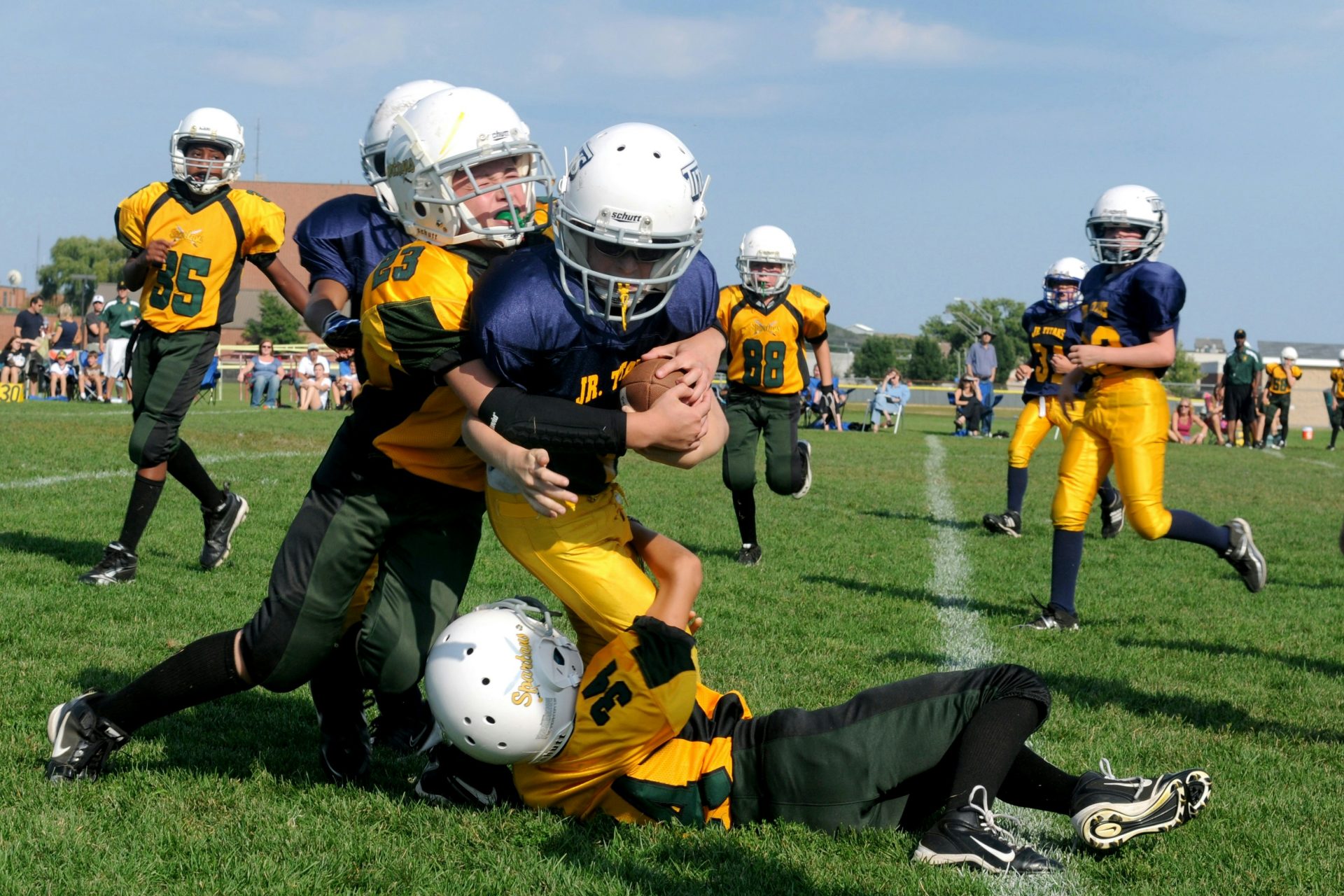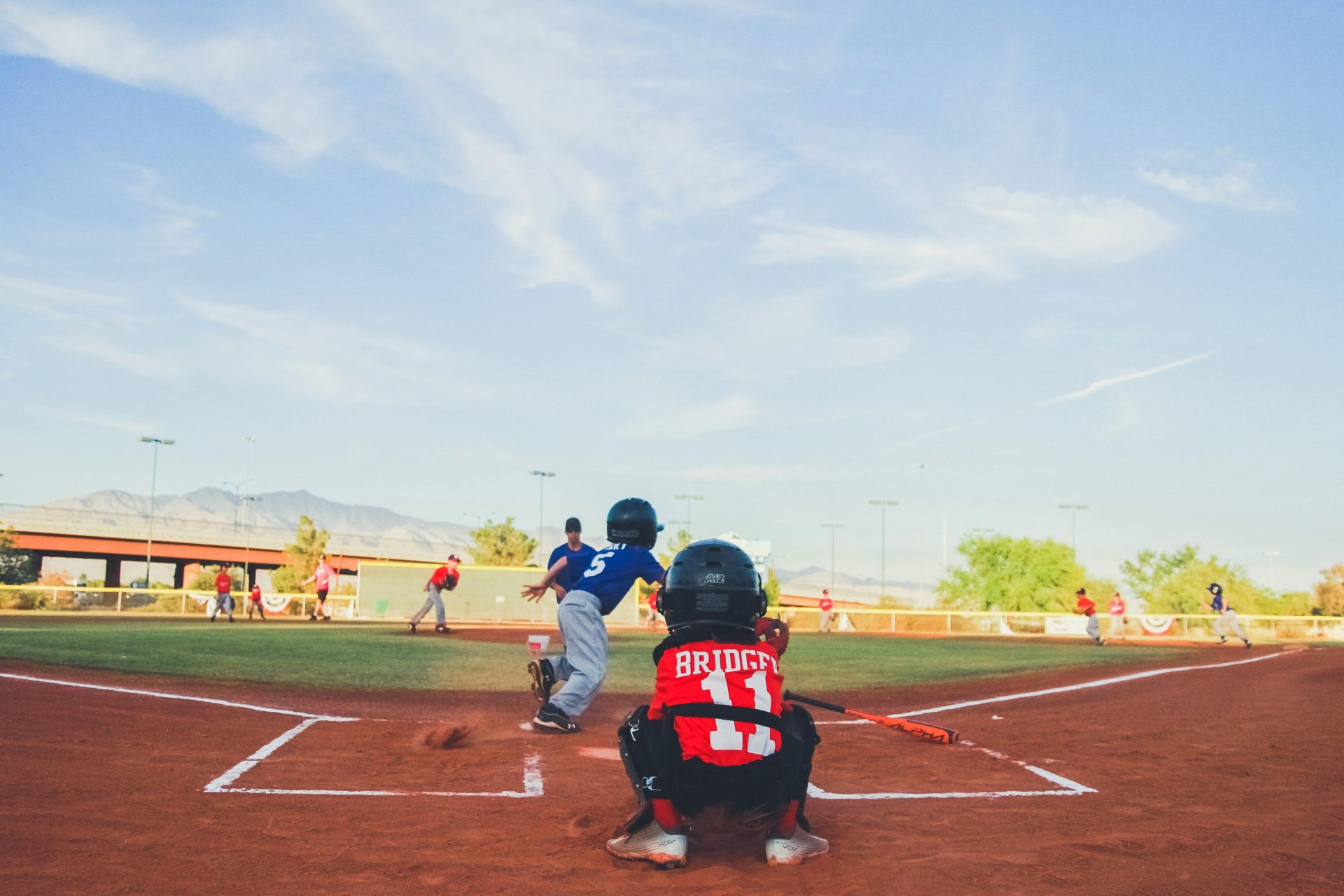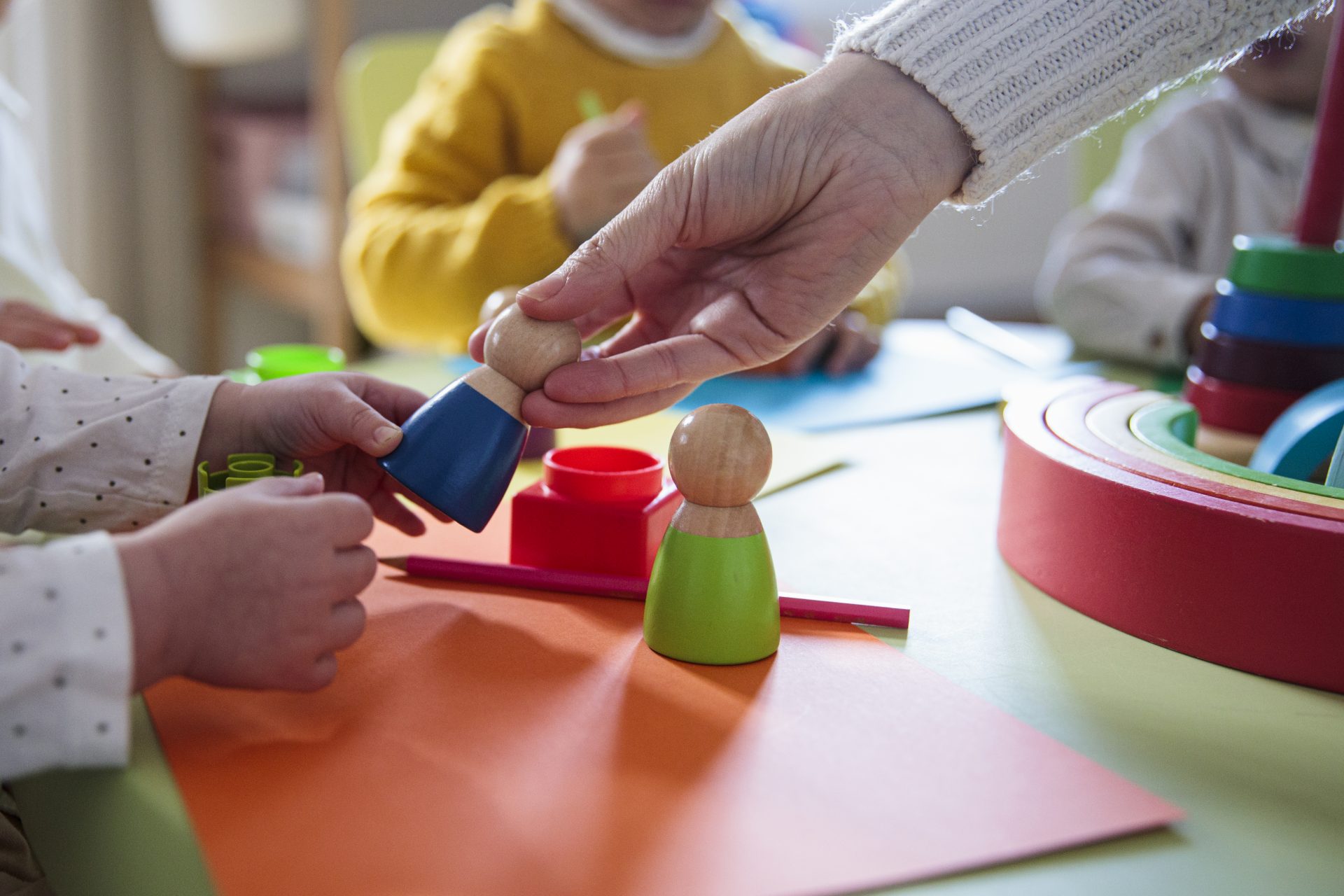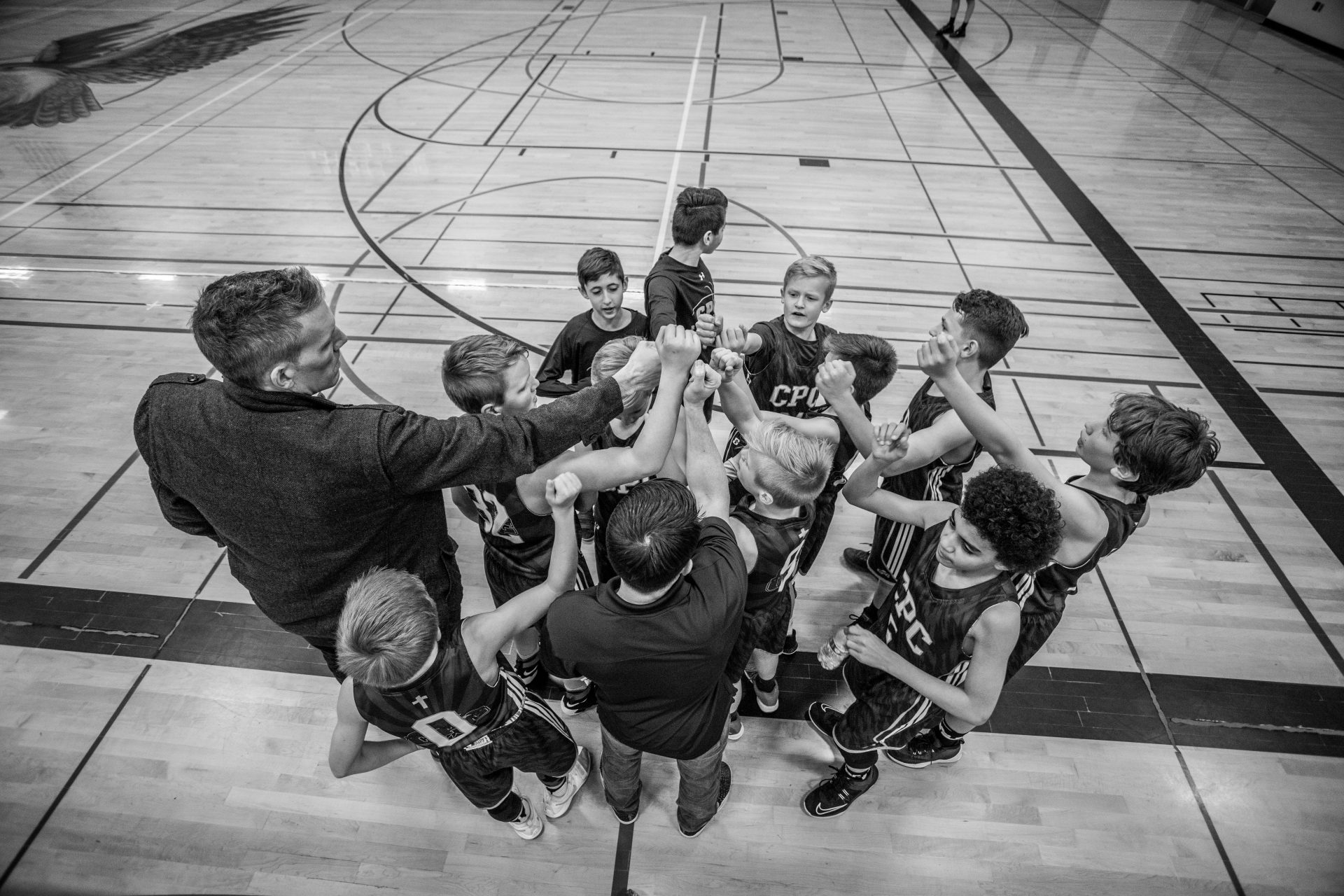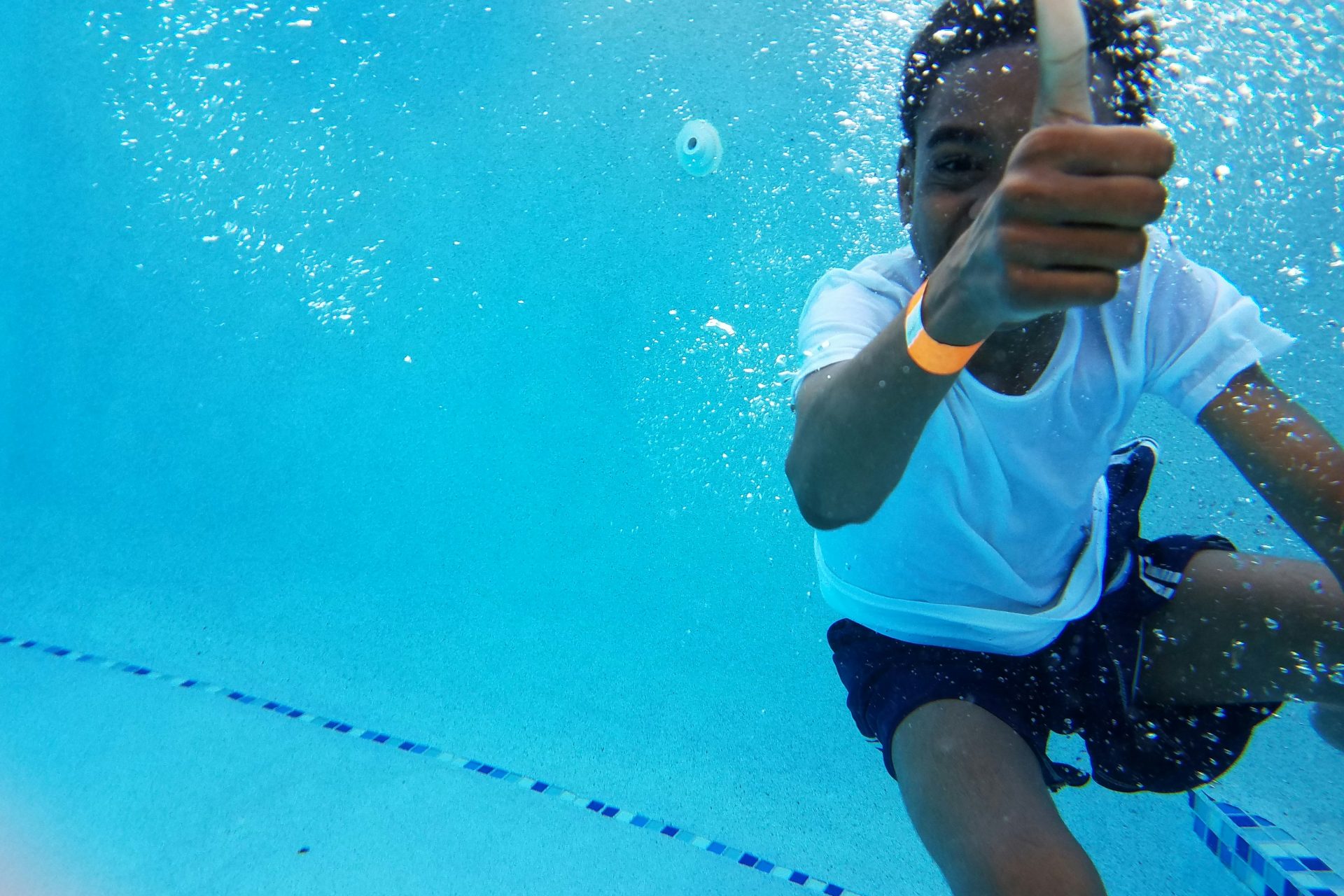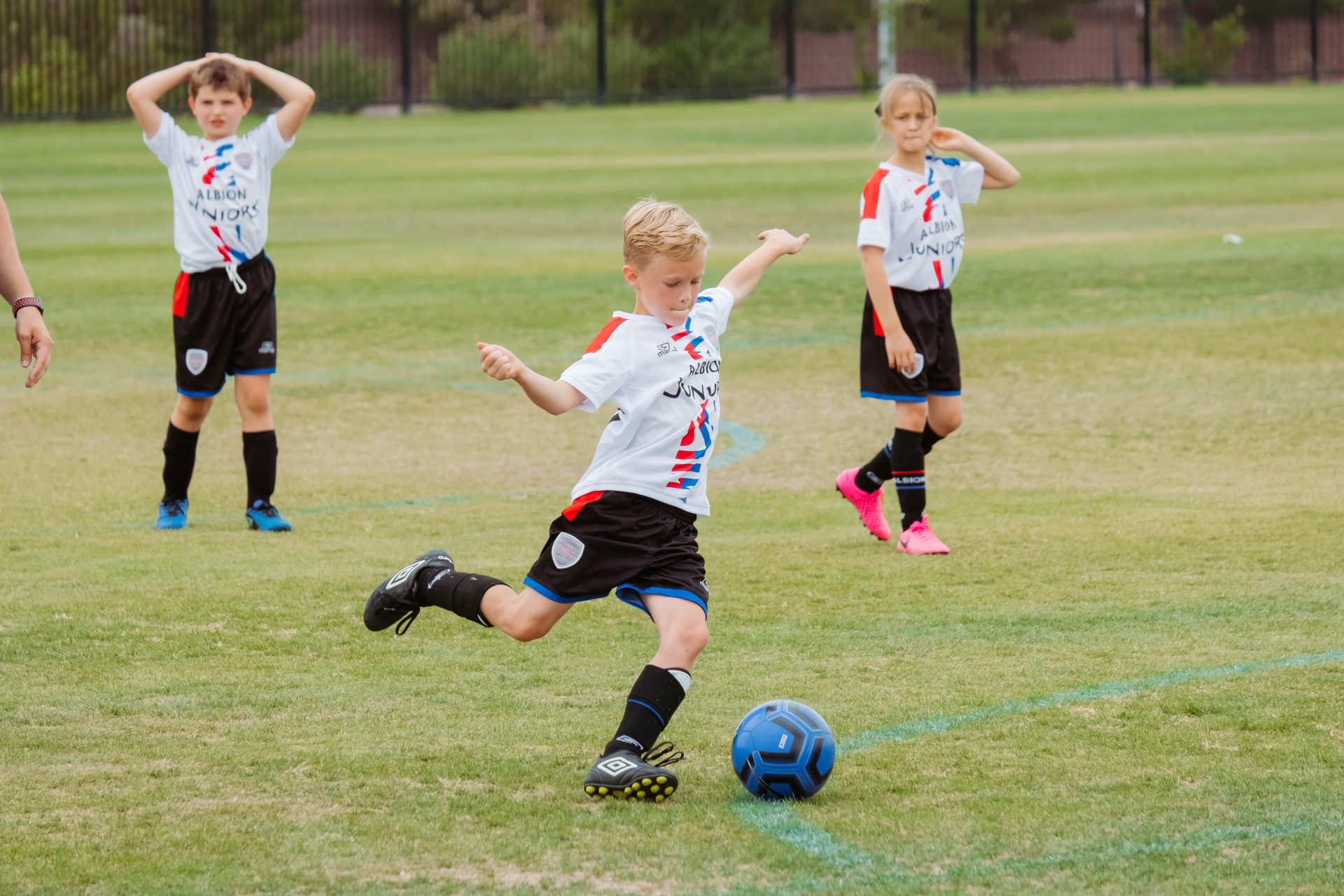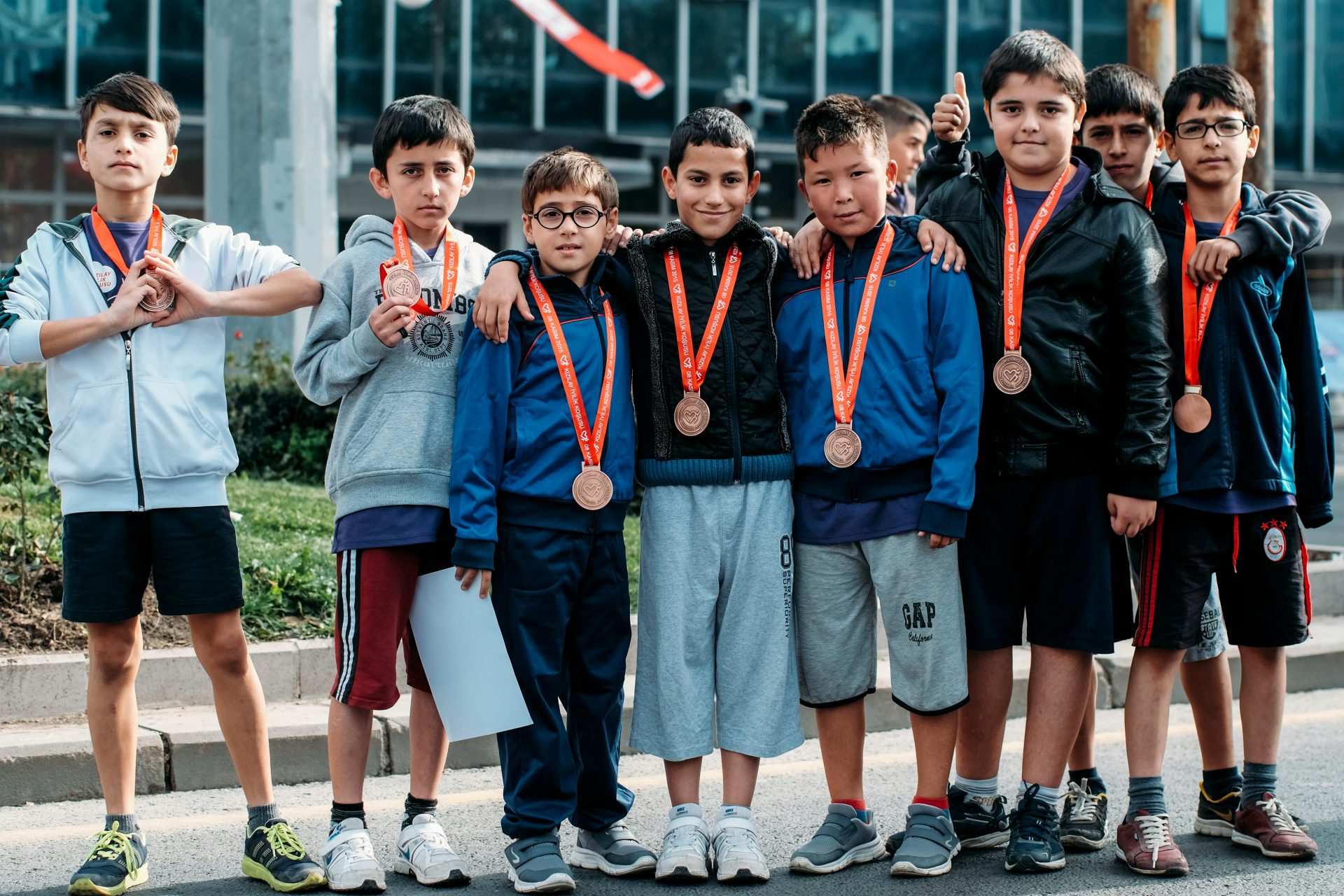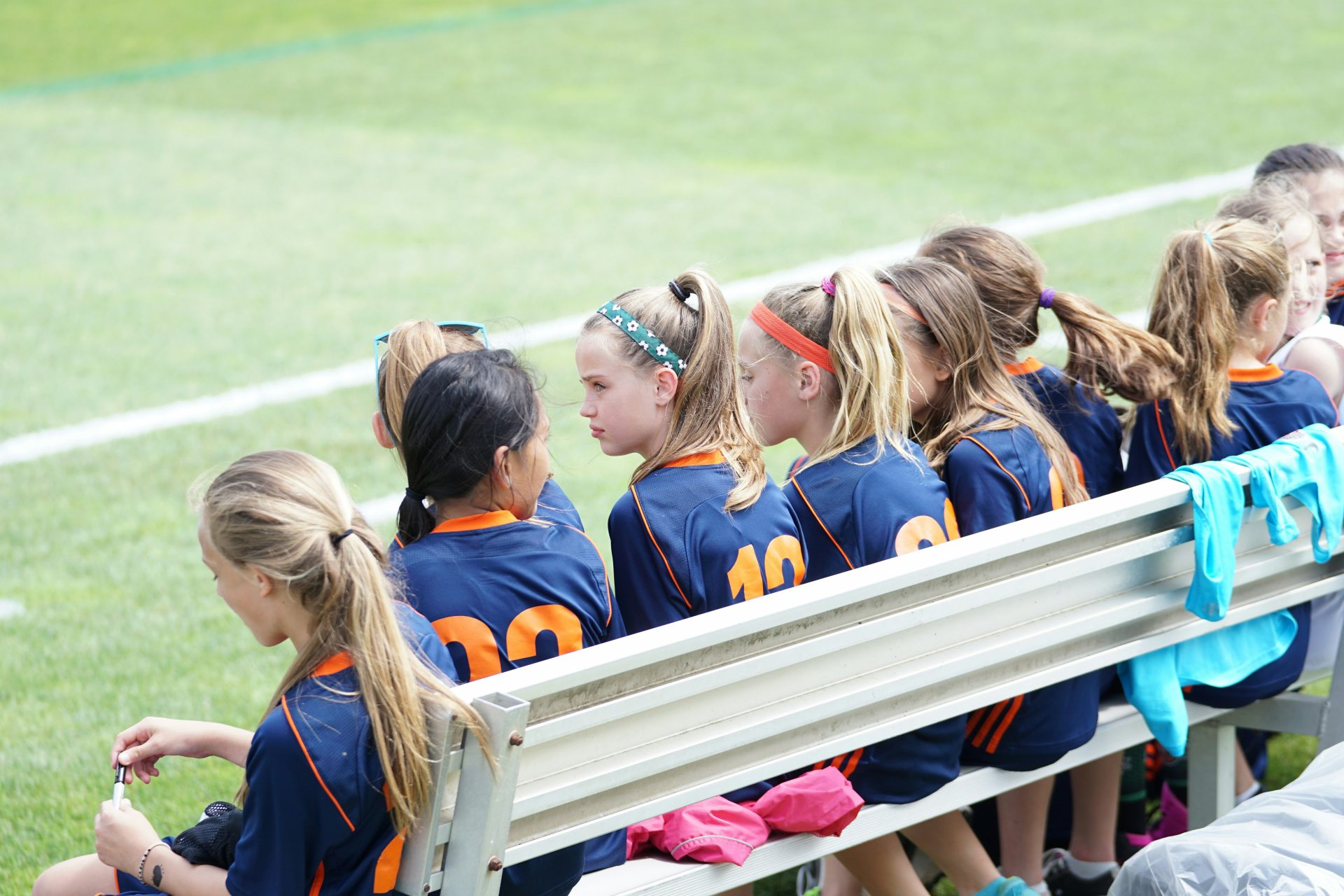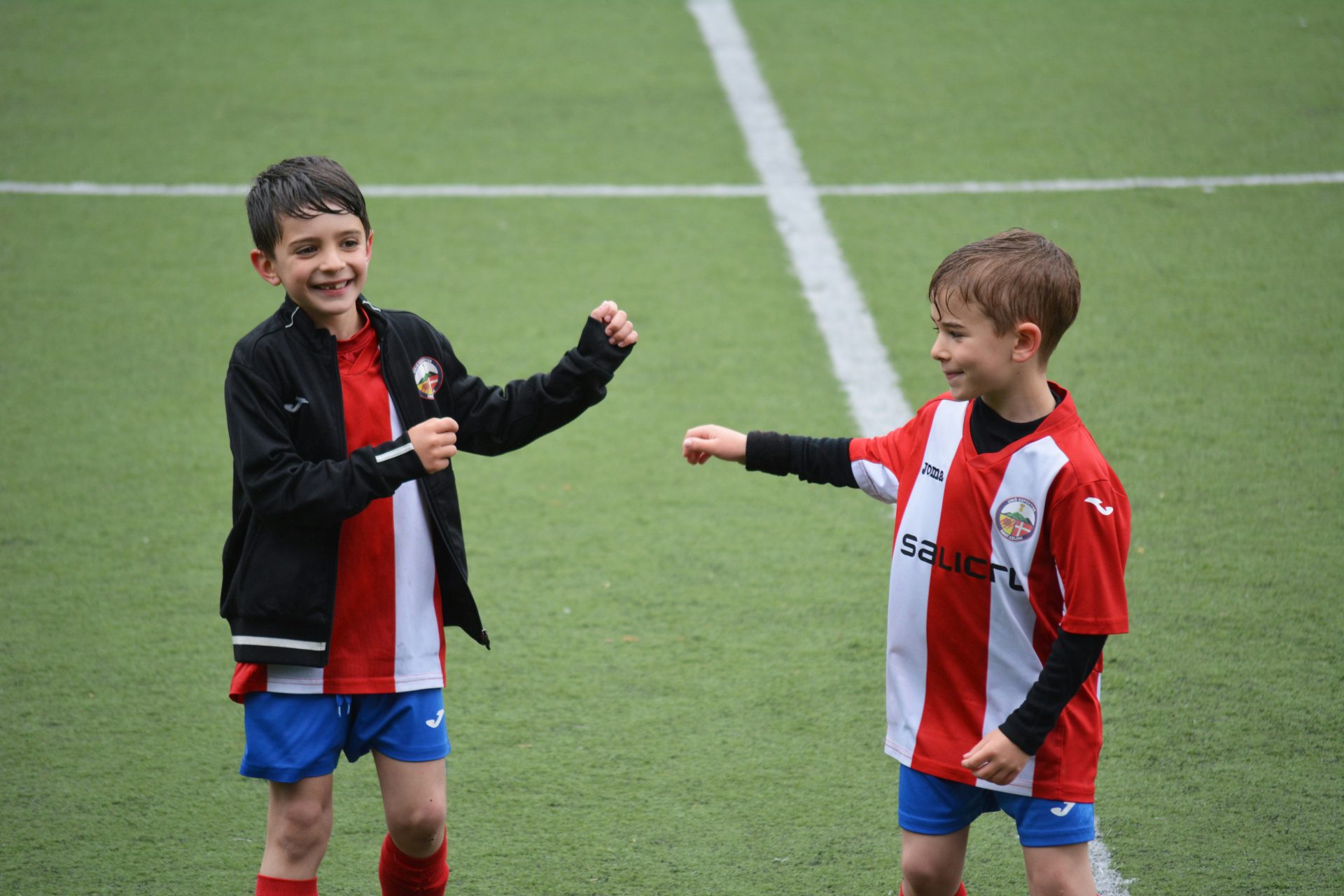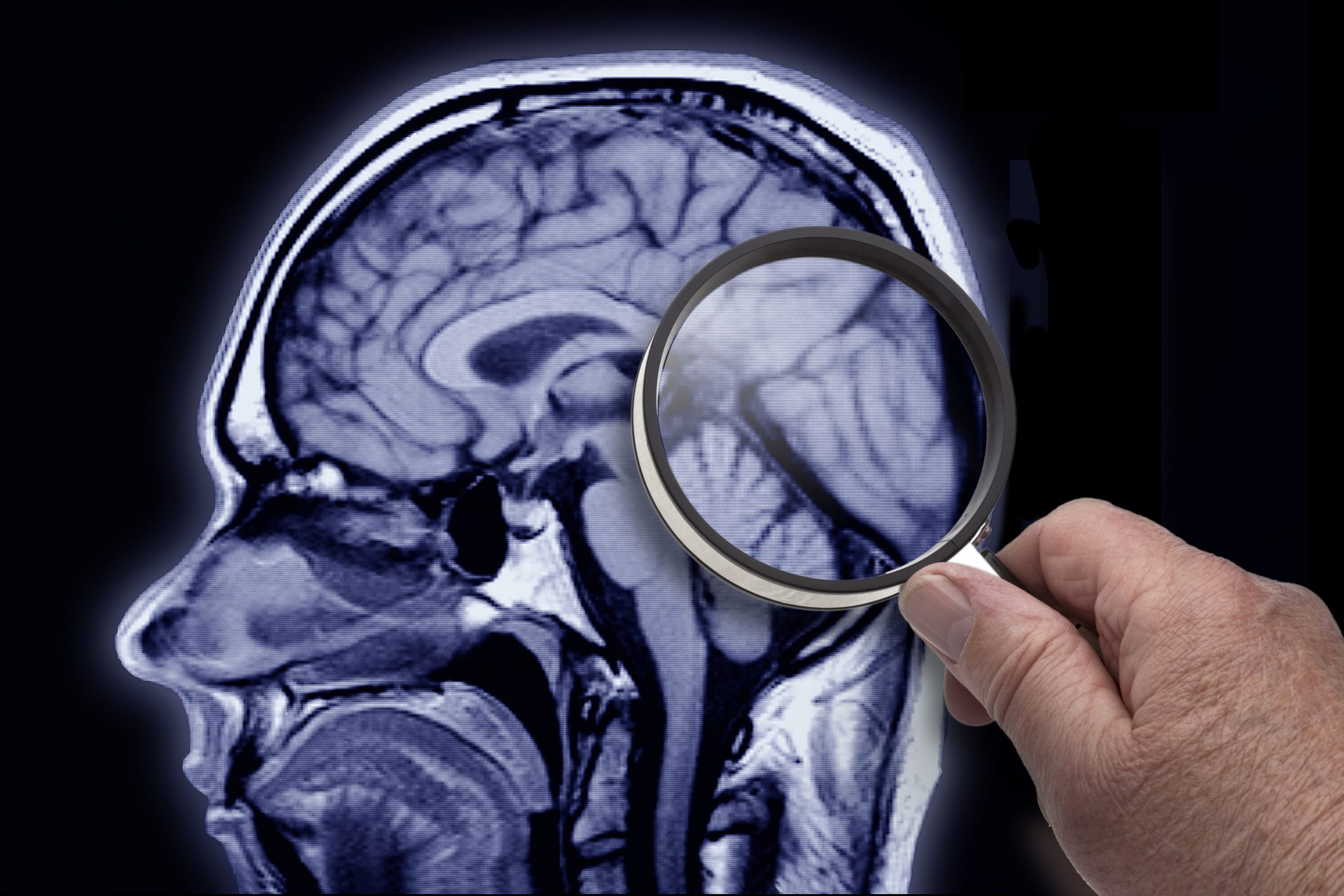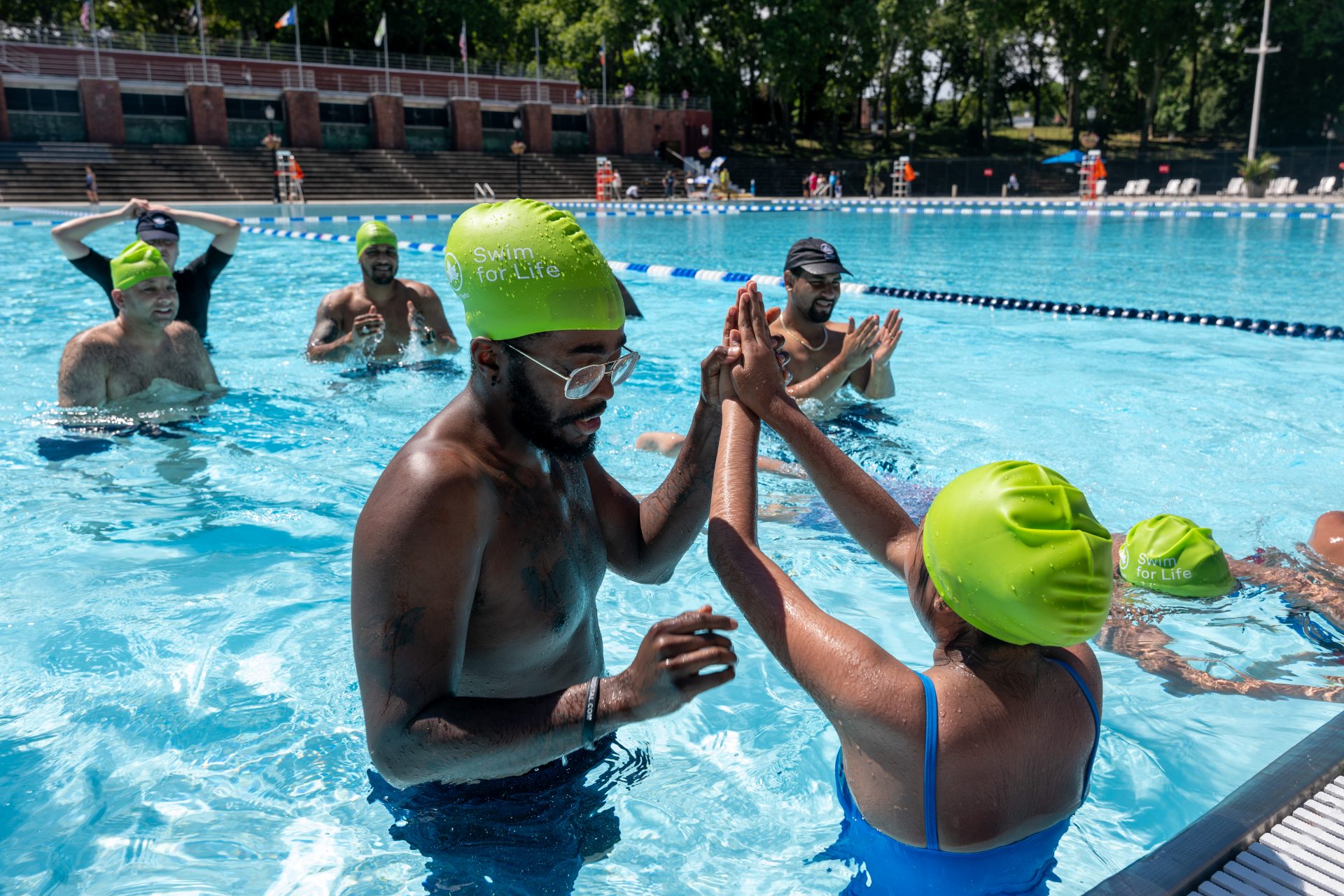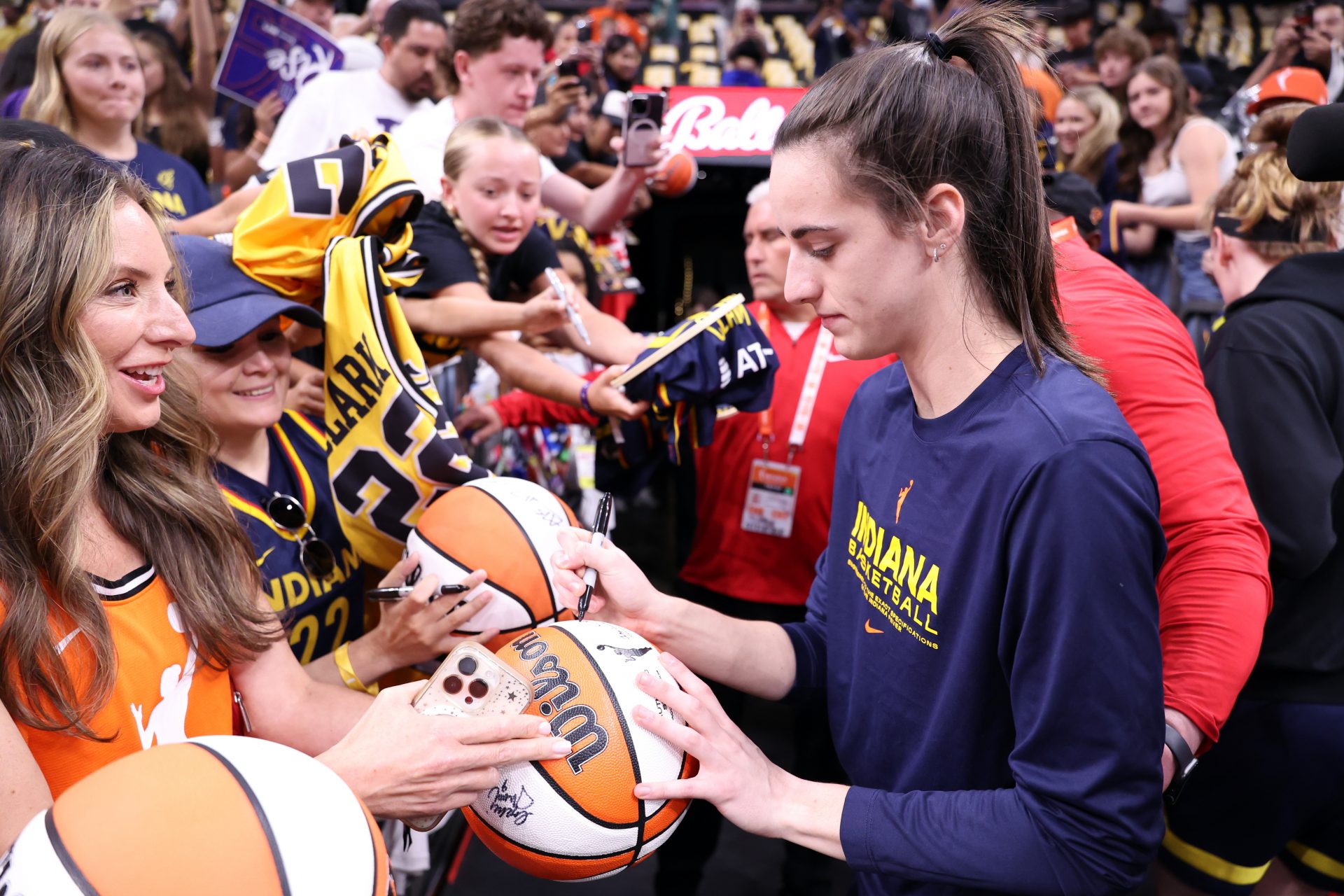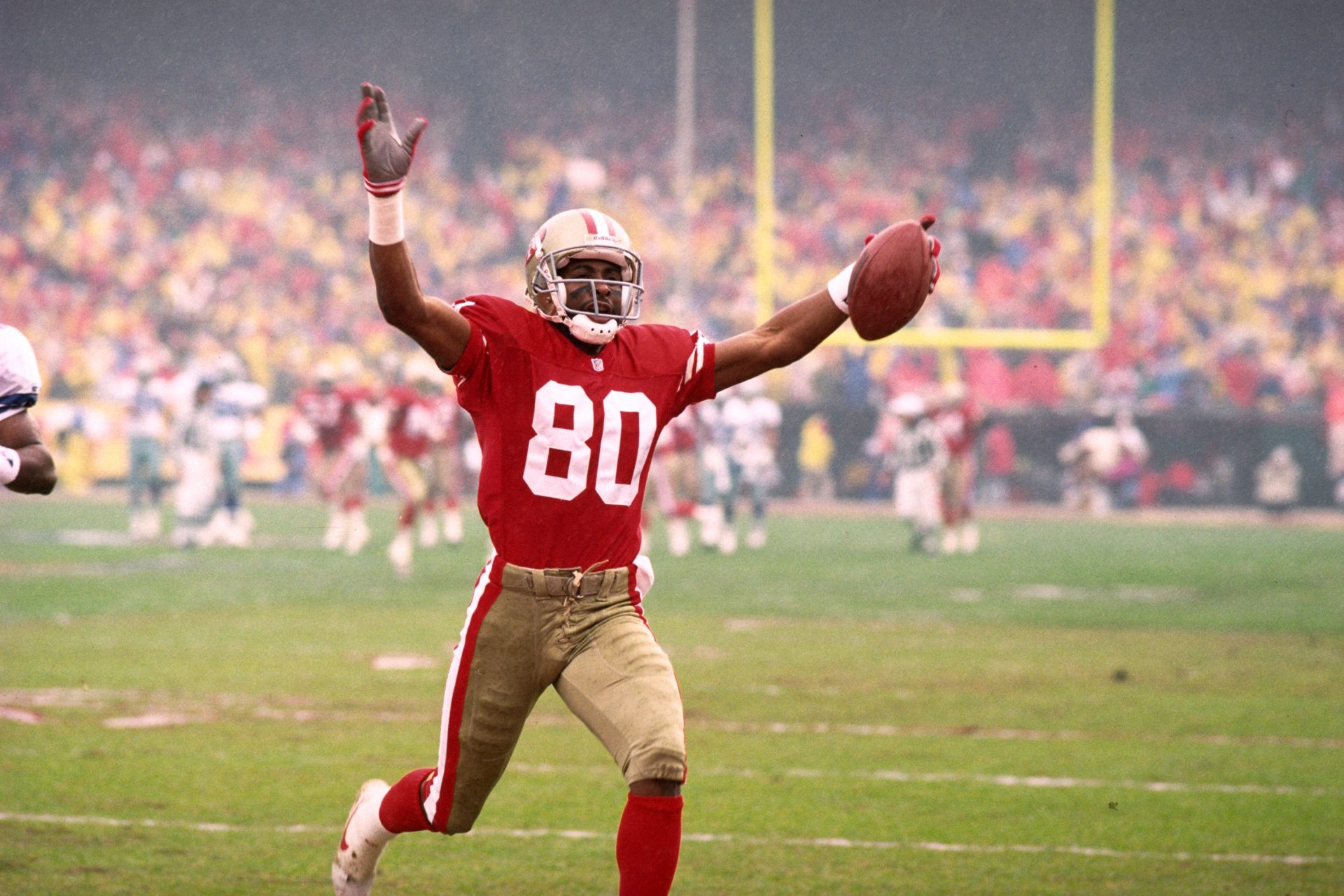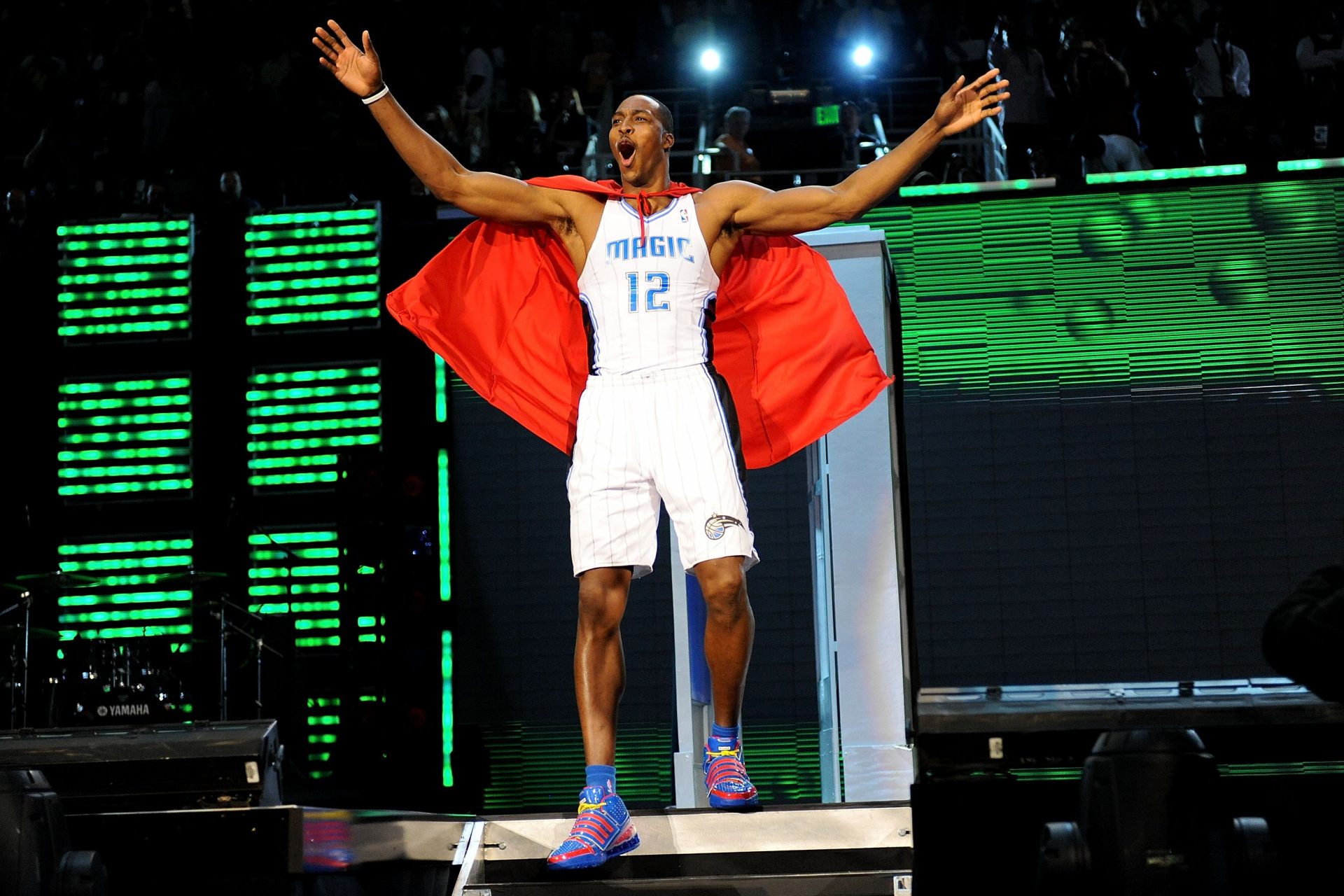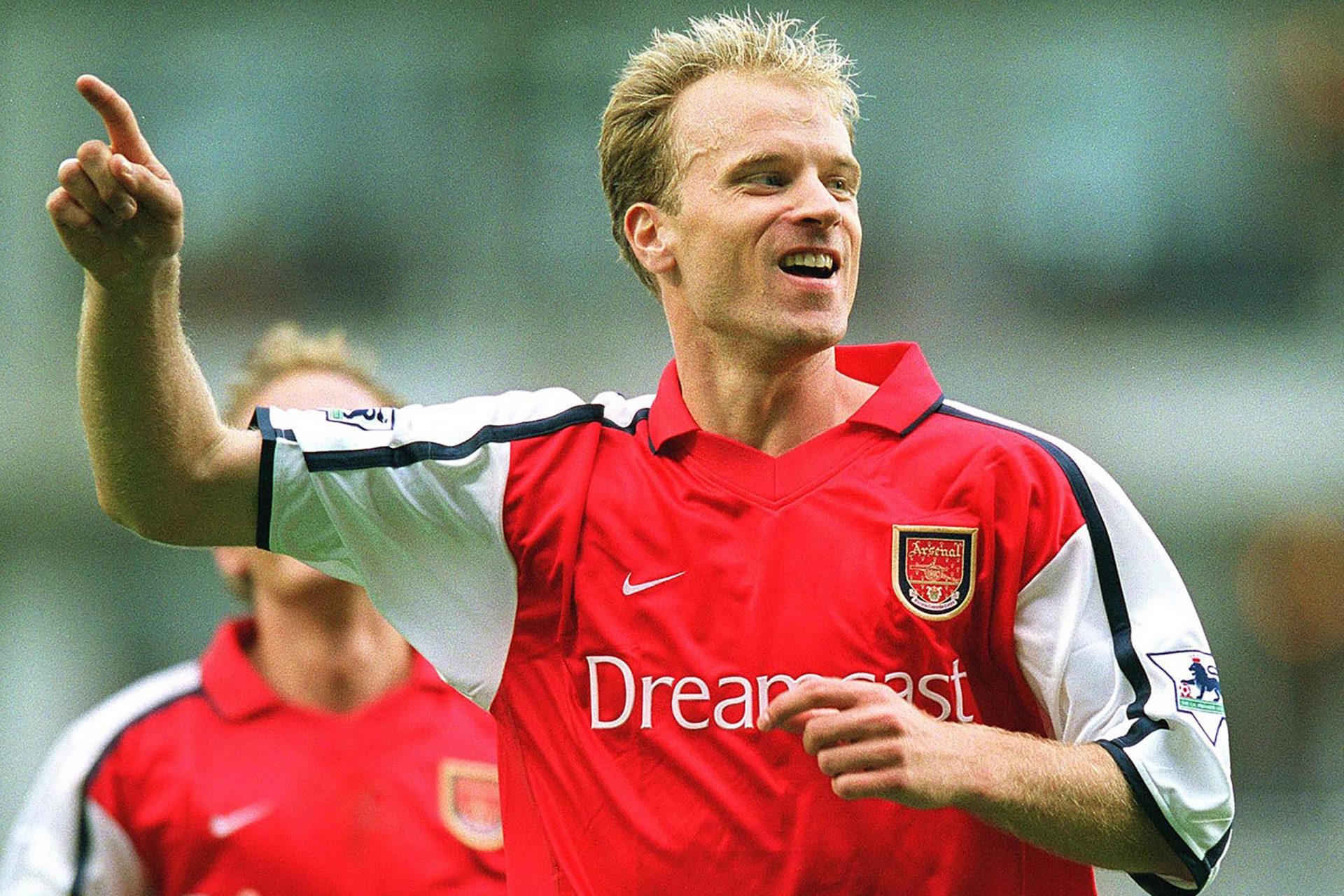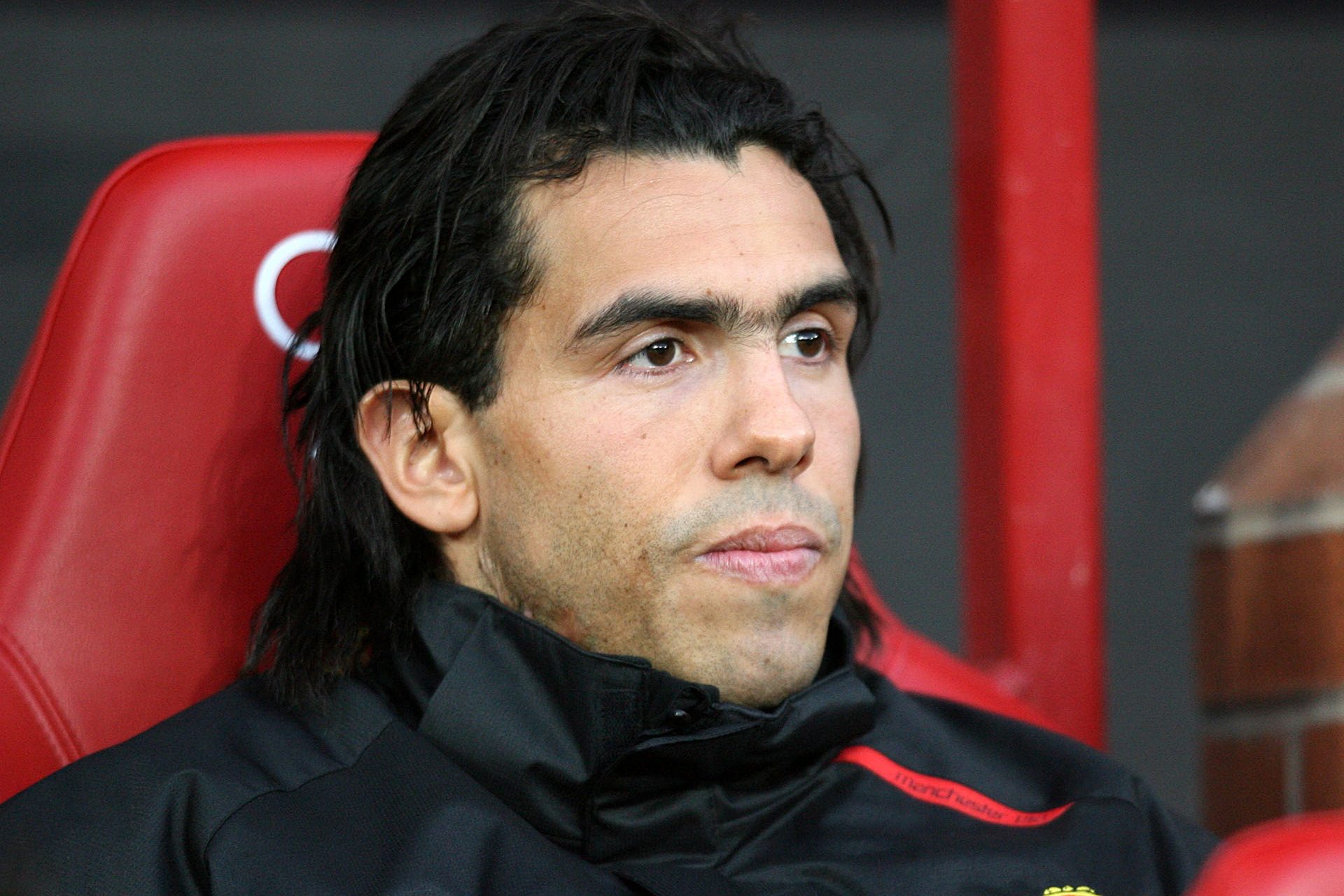Can playing sport really make your children smarter? A look at the science
There’s long been a belief that sports are just for building strength and endurance, but recent studies suggest that getting children involved in physical activities might also boost their brainpower. Could playing sports really make kids smarter? The answer, backed by science, seems to be a strong 'yes'. Let’s break down how.
Photo by Ben Hershey on Unsplash
Physical activity is well-known for its health benefits, but how exactly does it help the brain? According to a study published in the International Journal of Environmental Research and Public Health in December 2022, regular physical exercise in children is linked to better cognitive performance. The study highlights that exercise helps improve memory, attention span, and overall mental flexibility – skills essential for learning.
One theory is that physical activity increases blood flow to the brain, which boosts the delivery of oxygen and nutrients. This results in the development of new neural pathways and enhanced brain function. In simpler terms, when kids play sports, they’re not just working out their muscles; they’re working out their brains, too.
Photo by Kenny Eliason on Unsplash
Want to see more like this? Follow us here for daily sports news, profiles and analysis!
A key element here is the development of executive functions – those are the brain processes that help with planning, problem-solving, and controlling impulses.
So what are the best sports to play to improve cognitive function? According to the FEADEF study, sports like football (soccer) or basketball, which require strategic thinking and teamwork, naturally develop these functions in young athletes.
Photo by jesse orrico on Unsplash
On the other hand, individual sports like swimming or gymnastics may be more about personal discipline and focus, which can help improve self-regulation and concentration. Each type of sport offers a different set of skills that contribute to overall cognitive development, so the more varied the activities, the better.
Photo by Jeff Dunham on Unsplash
It’s not just about running around; it’s about thinking on your feet and making quick decisions, which translates to better cognitive skills off the field.
Photo by Kenny Eliason on Unsplash
In addition to cognitive improvements, playing sports also enhances social and emotional intelligence. According to data presented by the University of San Diego, physical play also helps children develop critical social skills like cooperation, communication, and conflict resolution.
When kids participate in team sports, they learn how to work together toward a common goal, understand different perspectives, and manage both winning and losing gracefully.
Photo by Jeffrey F Lin on Unsplash
These are invaluable life skills that go beyond academics. Emotional intelligence, the ability to manage and understand one's emotions, is increasingly recognized as a key factor in success.
Let’s not forget the positive impact of sports on mental health, which can indirectly affect cognitive development. Physical exercise is a proven mood booster, thanks to the release of endorphins—chemicals in the brain that act as natural stress relievers. Children who are physically active are more likely to have lower levels of anxiety, stress, and depression, according to research highlighted by the University of San Diego.
Research indicates that the cognitive benefits of playing sports aren’t limited to the early years. According to the FEADEF study, children who are physically active are more likely to maintain these brain benefits into adulthood.
Regular exercise in childhood can lead to improved memory and cognitive flexibility in later life, proving that the brain-boosting effects of sports are long-lasting, the study found.
So, can playing sports make children smarter? The science says yes. From improving cognitive function and academic performance to enhancing social skills and mental health, physical activity plays a crucial role in a child’s overall development.
Want to see more like this? Follow us here for daily sports news, profiles and analysis!
More for you
Top Stories



